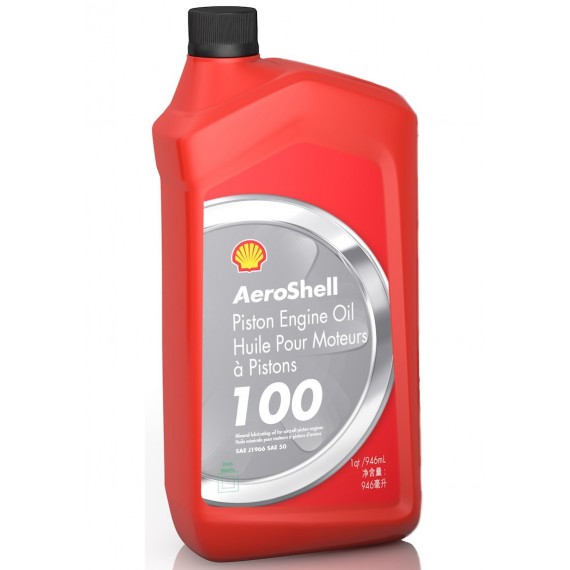

No products in the cart.
The straight mineral AeroShell Oils 65, 80, 100, and 120 offer protection for a wide variety of ambient take-off temperatures. With their specially blended high-viscosity index base oils, they provide more effective protection to engine components compared to conventional mineral oils, ensuring your aircraft performs reliably between scheduled overhauls.
AeroShell Oils 65, 80, 100, and 120 should be used for breaking in new and recently overhauled aviation piston engines. They’re also approved for all aviation piston engines of civil aircraft when oils containing dispersant additives aren’t required.
Learn more about the benefits of these straight mineral AeroShell oils, as well as their specifications and approvals, health and safety information, and more.
How to use AeroShell Oils 65, 80, 100, and 120
Each of the numbers of these AeroShell oils represent their viscosity grades, which correspond with the viscosity of the oil at 210°F in Saybolt Universal Seconds.
The relevant grades are approved for use in 4-stroke (4-cycle) certified aircraft and their piston engines, except for Porsche. They’re also approved for other aircraft radial engines that use oil to specification SAE J1966 (MIL-L-6082) and don’t need oils that contain a dispersant additive.
For AeroShell Oils 65, 80, 100, and 120, their main use is during the break-in of new or recently overhauled four-stroke aviation piston engines. However, the lubrication recommendations and duration of break-ins vary depending on the engine, so check with the original engine manufacturer or overhaul facility what their specific recommendations are.
Straight grade engine oils
AeroShell Oils 65, 80, 100, and 120 are straight mineral oils blended from selected high-viscosity index base oils. These oils do not contain any additives except for very small amounts of pour point depressant (which aids to improve fluidity at very low temperatures) and an anti-oxidant.
The above oils are approved for all aviation piston engines of civil aircraft when the use of an oil not containing a dispersant additive is required. However, they should also be used during the break-in of a new aviation piston engine or those recently overhauled.
AeroShell Oils 65, 80, 100, and 120 are produced to meet fully the SAE specification J1966 (Grades SAE 30, 40, 50 and 60 respectively).
AeroShell Oils 65, 80, 100, and 120 product benefits
AeroShell oils 65, 80, 100, and 120 specifications and approvals
Typical properties of AeroShell Oils 65, 80, 100, and 120
Here are some of the typical properties of AeroShell Oils 65, 80, 100, and 120. Find out more about the properties of these piston engine oils in the AeroShell Book.
AeroShell 65, 80, 100, and 120 health and safety information
AeroShell Oil 65, 80, 100, and 120 are unlikely to present any significant health or safety hazard when properly used in the recommended application, and good standards of industrial and personal hygiene are maintained.
For further guidance on Product Health & Safety refer to the appropriate Safety Data Sheet.
No customer reviews for the moment.